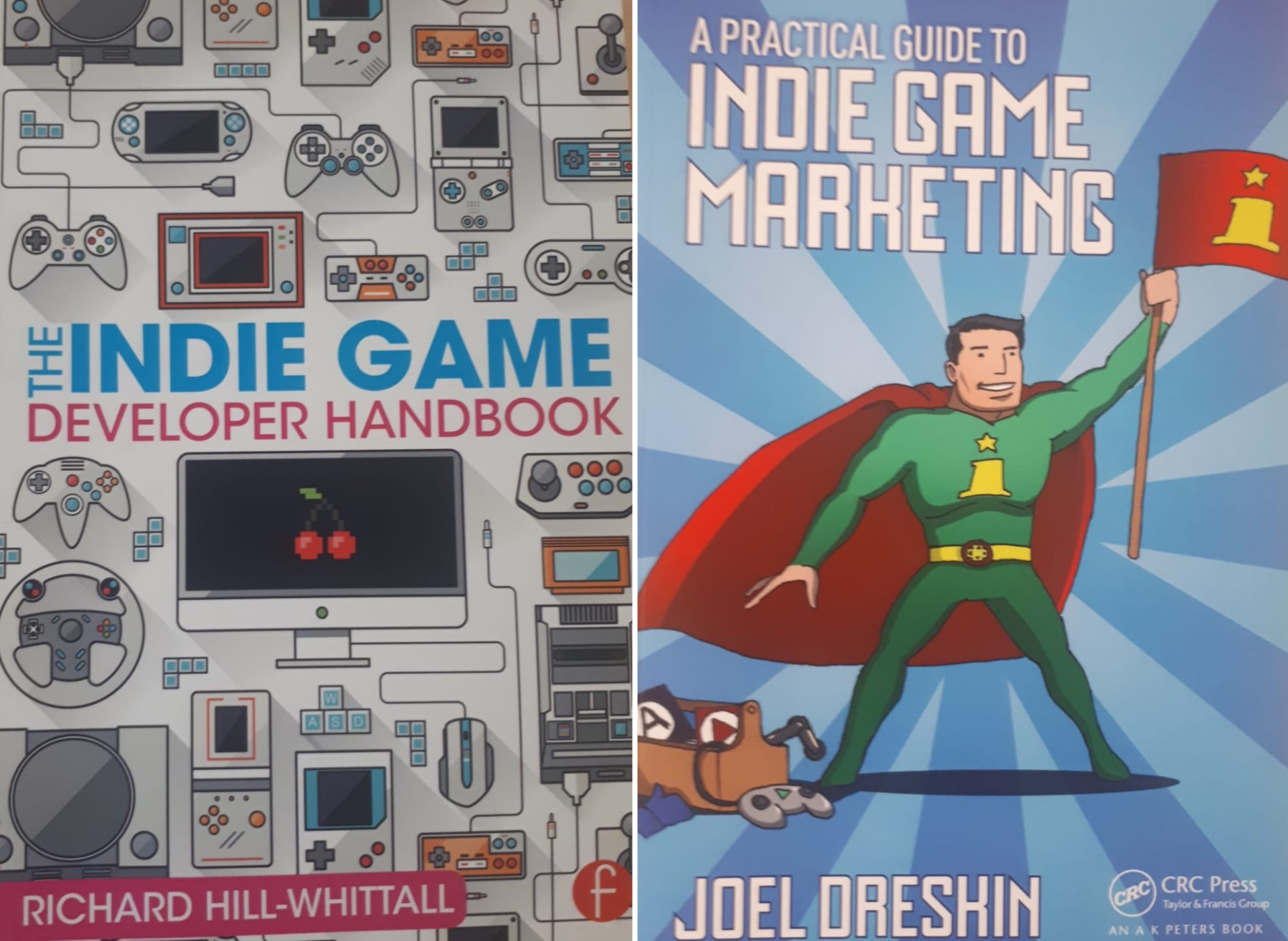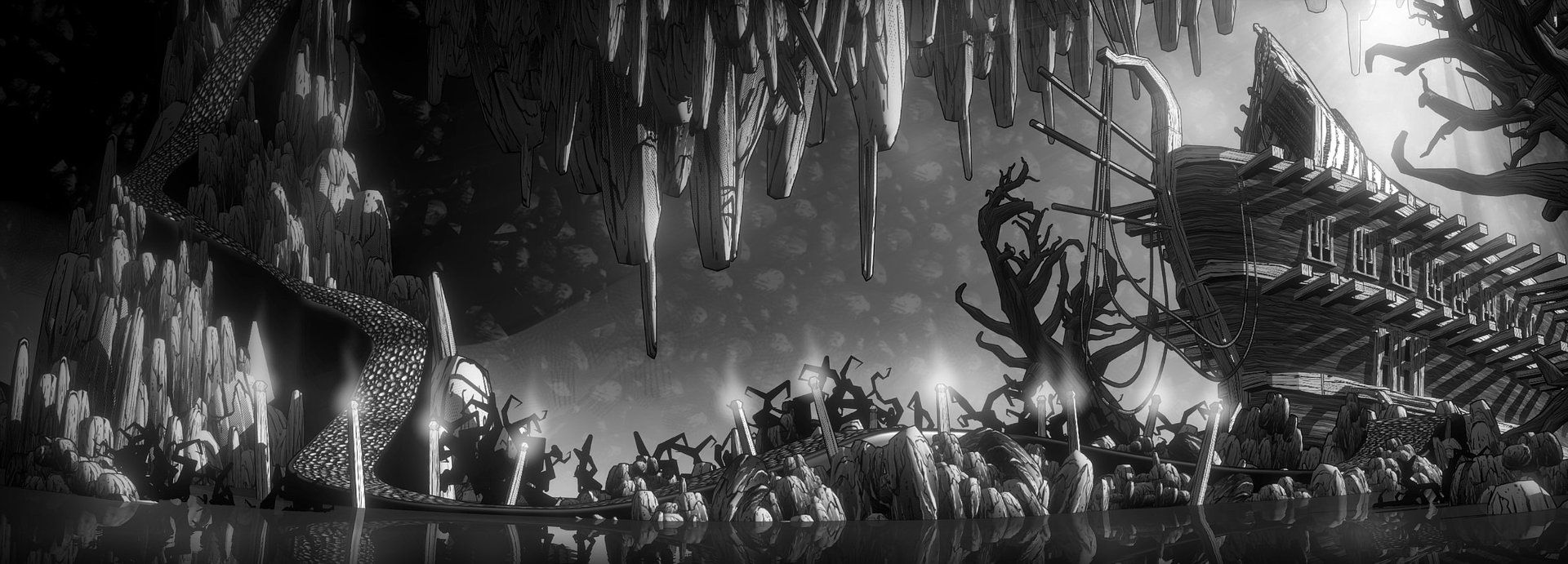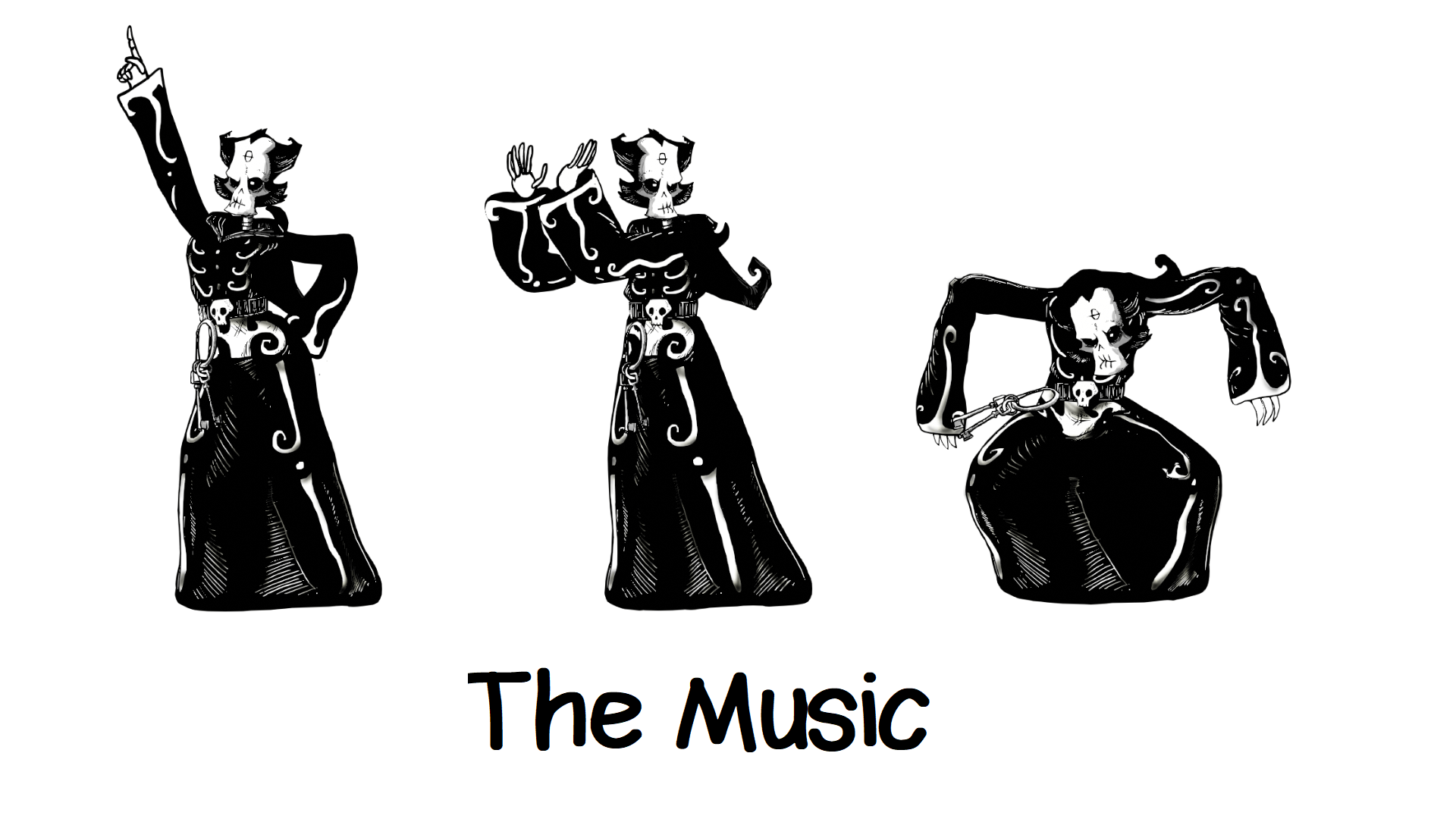Why Devolopers are Terrible Exterminators - Bug Fixing in PRIM
Jonas Fisch • 29. Juli 2020
or: The truth about how I am doing right now.
Hey Reapers,
I hope you‘re all doing well.
When I started writing this devlog, I asked my followers on twitter what they would like to read about in it. Here’s what Tom Hardwidge (@hardwidge) wrote:
I hope you‘re all doing well.
When I started writing this devlog, I asked my followers on twitter what they would like to read about in it. Here’s what Tom Hardwidge (@hardwidge) wrote:
So, taking his advice, today’s Primlog episode will mainly focus on the emotion I’ve been experiencing recently: frustration. Don’t get me wrong, I still immensely enjoy working on PRIM. It’s just this very phase of game development that, in the long run, tends to frustrate me. What phase, you ask? Well, boys and girls, take cover and hold on tight to a person from your own household, because this devlog issue is about… BUG FIXING!!!
Well, most naturally, playtesting and bug fixing (and again, and again, and again) are fundamental components of game development and the only way to having a stable and enjoyable game at the end of the process. Furthermore, I’m pretty lucky to know a lot of cool, interested, motivated and intelligent people who offered their help as playtesters. So why am I pissed?
Looking forward to reading your answers!
See you next week!
Jonas
I think the main reason is of psychological nature. When you play your own game, you tend to submit yourself to the illusion that what you’ve created is actually working quite nicely. Prim is my fourth game and I fall into that trap every time. In his book “Gamedev” (highly recommended!), Wlad Marhulets, the creator of Darq writes:
“As a developer, you’re the worst candidate to test your game. As you continue to work on your game, you develop your own playstyle and a tendency to do things the same way each time you play. […] However, adding new people to the mix will help you discover lots of bugs because everyone plays differently. […] Watching them trying to break you game can be a stress-inducing experience. […] Don’t worry – it’s normal.”
Each time a playtester discovers a game breaking bug I hadn’t noticed, I ask myself: How could I NOT see this? But, as stated above, this seems to be part of the process. So, being of unbreakably optimistic nature, how do I deal with my frustration? First of all, I really enjoy the talks with the playtesters. It’s amazing how they get involved with the game and start seeing themselves as part of the team. How much time they take to test every single feature and how much work they put in creating videos of their findings for me. They start to love the project and this is just great. Second, I try to view each discovered bug as a step in the right direction. Even though they sometimes might be hard to reproduce, when I manage to do it and to fix them eventually, I’m filled with the satisfaction of having improved the game a little bit, even if it was just a typo or a mouse cursor that didn’t look the way it should. Lastly, each fixed bug takes me closer to my ultimate goal: Releasing a game that you will like (maybe even love, just like my playtesters) soon!
What are your experiences with bug fixing, fellow gamedevs? And, dear players, what do you do when you discover bugs in games? Quit? Tell the developer? Scream at your screen?
See you next week!
Jonas

Hey Reapers! Releasing a game that’s been translated into a lot of languages is great, especially for players who come from countries where English is not as widely taught as in other parts of the world. However, localization can go horribly wrong. In her article “Puns are the worst, and other harsh lessons in game localisation”, Laura Cress puts it like this: “As with many nuanced jobs, if the localiser does their job well, you probably won’t even realise the game has one. Get it wrong and games can become laughably absurd. Consider a translator losing the context when localising RPG Grandia 2 into German, and so translating the word ‘MISS!’ – in the sense of not hitting the mark – into the German word ‘FRÄULEIN!’, meaning a ‘miss’ of the unmarried woman variety.” ( https://www.pcgamesn.com/game-localisation ) I found out how hard it really is to find the right words when I sat down in my garden, my computer on my lap, and started to translate the script for the demo from English into German, which is my first language. Let’s have a look at an example: Next to Prim’s door, our heroine encounters a skeleton arm that she uses as a backscratcher. When she picks it up, she says “That might come in (pause) HANDY.” Even though the word “handlich” exists in German, the pun just didn’t work. After hours of contemplating, what I came up with was “Da wird mir ganz (Pause) ARM ums Herz.”, which is “Well, that makes me feel ARM all over” in English. An entirely different joke, and, admittedly, not the best one, which is why told Friedel, the voice actress playing Prim in the German version, to say the line as if she knew exactly how bad the joke was. And, voilà, it worked. Due to Friedel’s performance, it even became one of my favorite lines.

It’s been a few years since I got interested in the topic of making games accessible for everyone for the first time. If you follow this devlog regularly, you know that I started making games by participating in game jams. Right after releasing my first game within the context of Adventure Jam 2016, I came across another competition called “Audio Game Jam” ( http://jams.gamejolt.io/audiogamejam3 ). Until then, I had never heard of the term “audio game”, but what I found when I was browsing through the jam’s resources section was more than impressive: There are tons of games out there that have no graphics at all and are playable solely with the help of audio feedback for the player. Furthermore, there are many games that include features that make them accessible to visually impaired players as well. I “watched” a couple of let’s play videos and was amazed, not only by the players’ skills, but also by their ability to process audible information much more quickly than I would ever be able to. (In some games, dialogue was sped up ridiculously, as can be seen in this video of the “Sightless Gamer”: https://www.youtube.com/watch?v=wqYrq4dWchc ) This was when I decided I wanted to make such a game as well. I came up with the idea to use the fairy tale “Rapunzel” as a backdrop for my game. Maybe you remember this: When the prince who wants to save Rapunzel from her evil adoptive mother falls off Rapunzel’s tower, he is blinded by the thorns he lands in and thus has to walk around blindly until he finally finds his loved one and is healed by her tears. So I decided to tell the story from his point of view. “How I Saved Rapunzel” was born and it should be playable completely without sight. Back then, I had basically no experience with game development, so I dived head over heels into a project that proved to be way too big and much too complicated for a programmer with the skills I had in 2016. Additionally, my “regular engine” Visionaire Studio seemed to be quite limited when it came to programming audio changes regarding volume and panning. This is why, ultimately, I stopped working on the project after a couple of frustrating months and put it on my “pile of shame”. (I’m Gemini and I was told having many unfinished project isn’t unusual for this zodiac sign :) ). Nevertheless, I am still proud of this gorgeous title artwork by Quentin Louis ( https://www.behance.net/louis_q ) and of the AMAZING voice recordings for the game done by the Voice Action Power Squad. (The whole session can be watched here: https://www.facebook.com/watch/?v=1643781925950414 )

Hey Reapers, As the release of our demo is only a couple of weeks away, I noticed that I have less time for… well, everything, including writing walls of text in the Primlog. When planning today’s entry, I decided to keep it really short, but it should still be of value for everyone who’s interested in game development. Here’s what I came up with: As you might have already noticed, I like to read about game development a lot. Many of you probably do as well. This is why I’d like to present two books that have helped me a lot on my journey. The first one is “The Indie Game Developer Handbook” by Richard Hill-Whitthall. Covering topics from development itself (engines, art resources etc.), via funding and (self-)publishing, to PR, it’s basically an allrounder for everyone who’s new to the business. What I like about it the most is its sheer endless amount of useful links and software tips. For instance, there is a chapter in which Whittall provides a detailed list of online game magazines that cover indie games.

It’s always good to know what you’re good at and, even more so, what you’re terrible at. Myself, I’ve always enjoyed writing stories, creating worlds and designing puzzles. And, in the hope of not sounding too cocky, I mostly think I’m not too bad at all of these things. When it comes to producing visual art, well, it was clear from the beginning that I needed help with that. In case you want some proof, here’s my very first scribble of what I imagined Prim to look like:

Please forgive me my notion to start blog posts with overdramatic Bible quotations. I just HAD to do it this time. Why? Cause it's true, at least in our case. Before the first line of code was programmed, even before the first rough sketch of Prim was drawn, I'd spent my time writing. A lot. What's the underworld like? Who lives there? Which character traits does Prim have? What's her motivation? Within this framework of setting and characters, what's a story (or rather: what are stories) worth telling? Countless questions needed to be answered, so, call me old-fashioned, I picked up pen and paper and started scribbling, erasing, changing and rewriting again (for an ancient wisdom I remember from my English studies says: "The art of writing is rewriting"). In the end, I filled an entire exercise book with mind maps, notes and charts:





